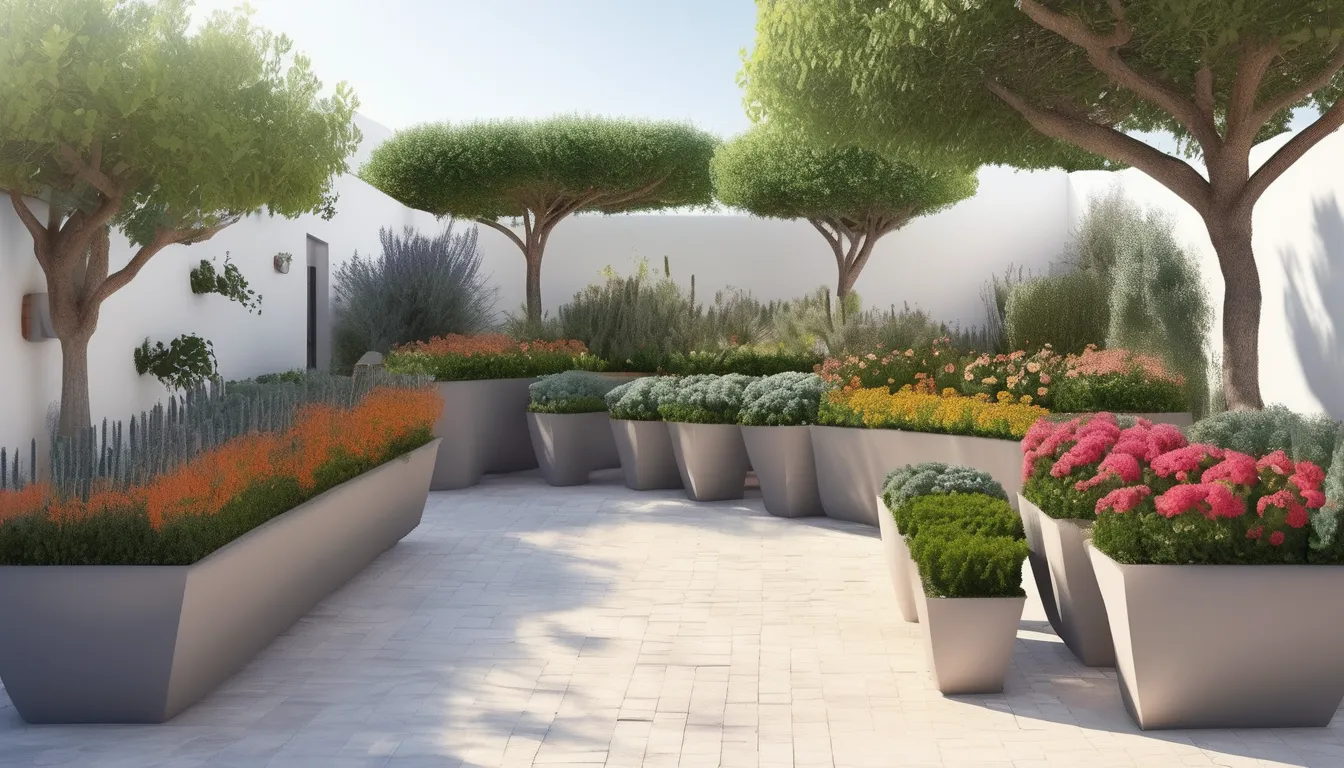When you think about gardening in Denia, have you considered how your choices can impact the local environment? By focusing on sustainable practices, you can create outdoor spaces that not only look beautiful but also thrive in harmony with the region’s ecosystem. Choosing native plants and implementing water conservation techniques can significantly reduce your garden’s ecological footprint. But there’s more to sustainable gardening than just plants and water—there are also ways to attract beneficial wildlife that can enhance your garden’s resilience. What steps could you take to transform your outdoor space into a true eco-friendly haven?
Understanding Sustainable Gardening
Sustainable gardening is often misunderstood, but it’s really about working with nature rather than against it. You’re not just planting flowers and vegetables; you’re creating a harmonious ecosystem that thrives on balance.
To start, think about your local environment. By understanding the soil, climate, and wildlife in Denia, you can make informed choices that support sustainability.
Instead of using chemical fertilizers and pesticides, consider organic alternatives. These methods not only protect the environment but also promote healthier plants. You’ll notice that healthy plants are more resilient against pests, reducing your need for harmful treatments.
Water conservation is another key component. Implementing techniques like drip irrigation or rainwater harvesting helps you use water efficiently, ensuring your garden flourishes even during dry spells.
Additionally, consider the layout of your garden. Companion planting can help create a natural pest control system, while mulching retains moisture and suppresses weeds.
Benefits of Native Plants
Choosing native plants for your garden can significantly enhance the sustainability of your gardening efforts. These plants are adapted to your local climate and soil, meaning they thrive with minimal intervention. You won’t need to spend as much time watering or fertilizing them, which saves you effort and resources.
Additionally, native plants support local wildlife. By planting them, you can attract beneficial pollinators like bees and butterflies, which are essential for a healthy ecosystem. This creates a vibrant, dynamic environment in your garden that’s not only beautiful but also functional.
Moreover, native plants help preserve local biodiversity. When you choose them, you’re promoting the survival of plant species that are native to your area, which can be endangered due to habitat loss. This contributes to a healthier ecosystem overall.
Water Conservation Techniques
Implementing effective water conservation techniques can make a huge difference in your garden’s sustainability.
Start by using mulch around your plants. Mulch not only retains moisture in the soil but also reduces evaporation and suppresses weeds. You’ll find that your plants need less frequent watering.
Consider installing a rain barrel to collect rainwater from your roof. This water is perfect for irrigating your garden and is free of chemicals typically found in tap water.
When you water, do it early in the morning or late in the evening to minimize evaporation.
Drip irrigation systems are another great option. They deliver water directly to the plant roots, maximizing efficiency and reducing waste.
Grouping plants with similar water needs together can also help you conserve water. This way, you can tailor your watering schedule based on specific requirements.
Organic Gardening Practices
While you might be tempted to reach for chemical fertilizers and pesticides, embracing organic jardinería Alicante practices can transform your garden into a thriving ecosystem. Start by using natural compost to enrich your soil. You can create your own by composting kitchen scraps, yard waste, and grass clippings. This not only nourishes your plants but also reduces landfill waste.
Next, consider planting cover crops like clover or vetch during the off-season. These plants improve soil health, prevent erosion, and add nutrients back into the earth when tilled in.
For pest control, try introducing beneficial insects, such as ladybugs, which naturally reduce harmful pests without chemicals.
You can also use organic mulch like straw or wood chips to suppress weeds and retain moisture in the soil. This method conserves water and keeps your garden healthy.
When it comes to watering, opt for drip irrigation or soaker hoses to minimize water waste and deliver moisture directly to plant roots.
Lastly, choose heirloom and native plants that are well-adapted to your local climate, requiring less water and care.
Creating Wildlife Habitats
Creating wildlife habitats in your garden not only enhances biodiversity but also promotes a healthier ecosystem. By incorporating native plants, you attract local wildlife, including pollinators, birds, and beneficial insects.
Start by selecting a variety of plants that bloom at different times throughout the year, providing food and shelter year-round.
Consider adding features like a small pond or birdbath to create drinking and breeding spaces for wildlife. Dead wood or brush piles can serve as shelters for insects and small mammals, while also enriching the soil as they decompose.
If you’re feeling adventurous, try building a bee hotel to support solitary bees.
Reduce lawn areas to make room for wildflower patches or meadows, which offer essential habitats for butterflies and other pollinators.
Limit pesticide use, as these chemicals can harm beneficial species. Instead, embrace natural pest control methods.
Conclusion
Incorporating sustainable gardening practices in Denia not only enhances your outdoor space but also nurtures the local ecosystem. By choosing native plants, conserving water, and adopting organic methods, you’ll create a vibrant garden that supports wildlife and promotes environmental health. Your efforts contribute to a greener, more resilient community, making a positive impact for generations to come. So, get started on your eco-friendly gardening journey today, and enjoy the beauty and benefits it brings!



